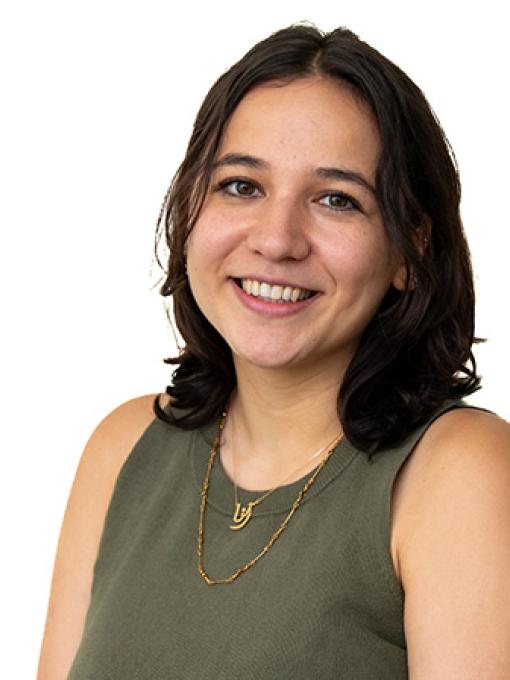In less than a month, FCNL’s Daren Caughron will join global leaders, climate justice advocates, and state delegates in Baku the capitol of Azerbaijan between Russia and Iran on the shores of the Caspian Sea. He’ll be there for the 29th Conference of Parties (COP29). This annual event gathers nations that are part of the United Nations Framework Convention on Climate Change (UNFCCC), a 1992 treaty that aims to tackle climate change and limit global warming. During COP meetings, member countries and climate observers, such as activists and research groups, come together to discuss and negotiate actions to address the climate crisis.
This year, climate leaders will be setting a new global goal for international climate finance. This is funding, usually from wealthier nations, to help developing countries deal with climate change by reducing emissions and adapting to its impacts. The most vulnerable and under-resourced nations need to get this funding to address the climate crisis. This year, we are urging COP29 negotiators to set a new, ambitious financing target to support those most in need of this support.
Now that we know the stakes for this year’s COP, let’s take a step back – what exactly is COP?
What is COP?
The UNFCCC’s Conference of Parties (COP) was established after a 1990 UN report made a definitive connection between global warming and human-caused greenhouse gas emissions. The report highlighted the severe consequences of inaction.
Since then, the UNFCCC has produced some of the most important international climate agreements, including the Paris Climate Agreement in 2015. This legally binding treaty aims to limit global temperature rise by reducing greenhouse gas emissions.
Since the ratification of the Paris Agreement, a key aspect of the UNFCCC’s work has been helping countries meet these climate goals. This includes setting up national plans known as nationally determined contributions (NDCs), which outline each country’s five-year plan to reduce emissions. The UNFCCC also works on adaptation efforts like the Global Goal on Adaptation, which provides frameworks to help countries cope with the effects of climate change.
If diplomats are going to make inclusive decisions, they need to listen to all voices, especially those most impacted by climate change.
While COP is known for high-level negotiations, it’s more than just a meeting for diplomats. That’s why Daren is going. Representatives from businesses, civil society, faith groups, and other organizations attend, hosting discussions and advocating for critical issues like environmental justice and human rights. If diplomats are going to make inclusive decisions, they need to listen to all voices, especially those most impacted by climate change.
Why Does COP Matter?
The decisions made at COP shape international climate action and provide the justification for national climate action. With this year’s new global goal for climate finance being decided, organizations like FCNL believe wealthy nations have a moral responsibility to provide significant funding to developing countries. Without this support, many countries won’t be able to transition to cleaner economies or protect themselves from climate-related disasters.
There are already tough conversations happening about how much money should be allocated, who should contribute, and how the funds should be used. When negotiators are addressing these, they need to listen to the moral claim of countries most impacted by climate change.
COP and Quakers
As Quakers, we believe that we’re called to lead lives that take “away the occasion of all wars,” as George Fox wrote in 1650. The growing climate crisis is contributing to global tensions. Urging strong climate action and an ambitious climate finance pledge is a prophetic way to live into our Quaker testimonies of peace, equity, and justice.
Urging strong climate action and an ambitious climate finance pledge is a prophetic way to live into our Quaker testimonies of peace, equity, and justice.
That is why Daren will be at COP29 representing FCNL and the Quaker witness. We’ll be connecting with other faith partners, meeting with U.S. negotiators, and strategizing how to continue to drive this work in Congress in the new year.
We’ll continue pushing for the U.S. to fully support international climate finance and will be sharing updates from the conference, including how you can support this critical work.

